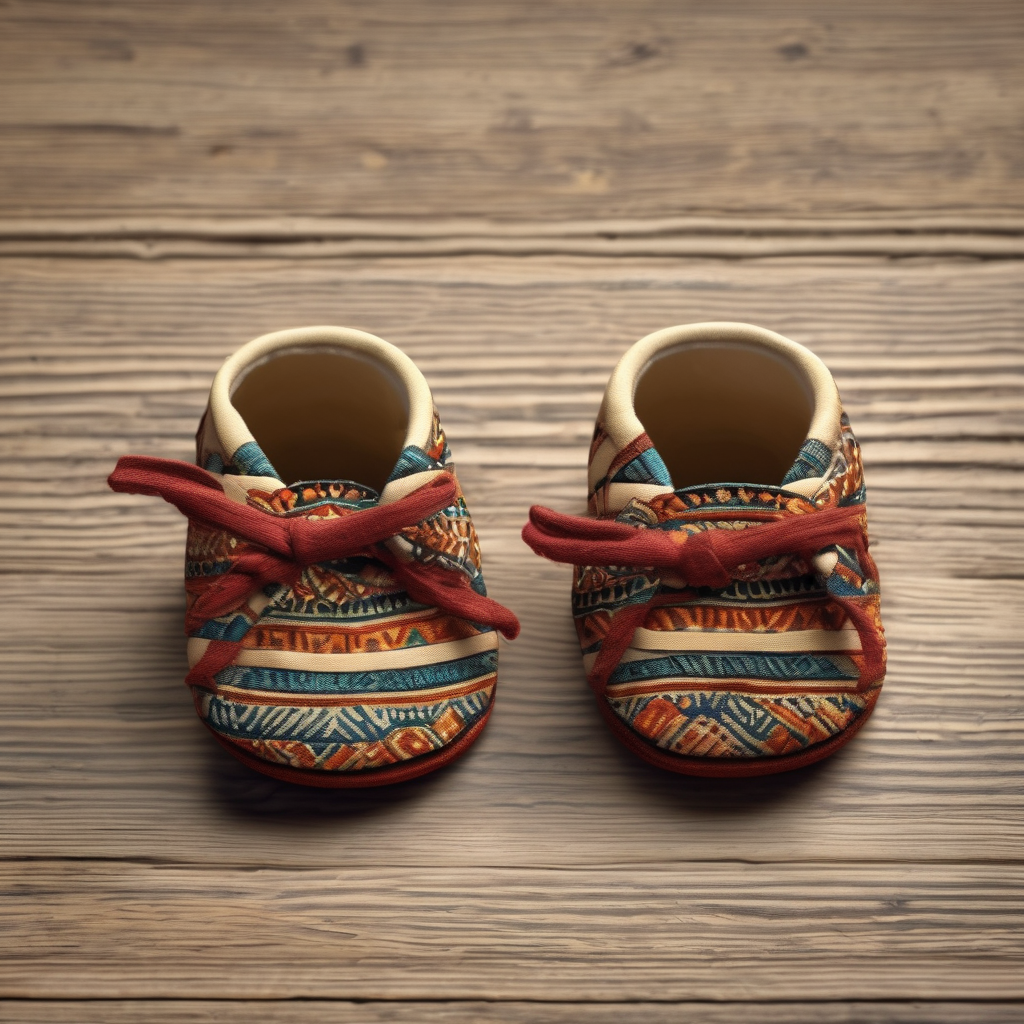The Fijian government is taking significant steps to resolve longstanding delays in its adoption system that have left over 400 children without permanent families. Minister for Women, Children, and Social Protection, Sashi Kiran, has introduced the Adoption Amendment Bill 2025, which aims to streamline legal and procedural processes, thereby expediting court proceedings and addressing the growing backlog.
As of October 2025, there are 194 pending cases within the Department of Children, alongside 212 additional cases reported from 2024 and 61 cases from the current year, indicating a cumulative total of over 400 children awaiting placement in stable homes. Minister Kiran expressed the urgency of this situation, noting, “All in all, more than 400 children who could be placed in stable homes are being denied this opportunity.”
The Adoption Amendment Bill 2025 is designed to clarify guardianship authority during proceedings and empower the Chief Justice to establish adoption rules, along with implementing a formal appeals process. The goal is to ensure that no child experiences unnecessary waiting periods for adoption, allowing them to find a secure and loving family environment.
While the legislation has received support from Opposition MP Jone Usamate, who advocates for necessary exceptions to the proposed measures, others like Premilla Kumar have stressed that the matter is of utmost importance and should not be delayed any further. This emphasis reveals a collective recognition of the critical nature of a stable familial environment for children in need.
Minister Kiran reiterated that these reforms center on providing every child the opportunity for belonging and familial connection. As the Bill heads to Parliament for further discussion, there is renewed hope for a more efficient adoption system, potentially transforming the futures of these vulnerable children by facilitating their placement in caring homes.
The Adoption Amendment Bill 2025 represents a proactive approach by the government to revamp the adoption framework, creating pathways for hundreds of Fijian children to find the permanent families they desperately need. The potential for better oversight and quicker court decisions not only aims to reduce the backlog but also affirms the commitment to the welfare of children awaiting stable homes.
